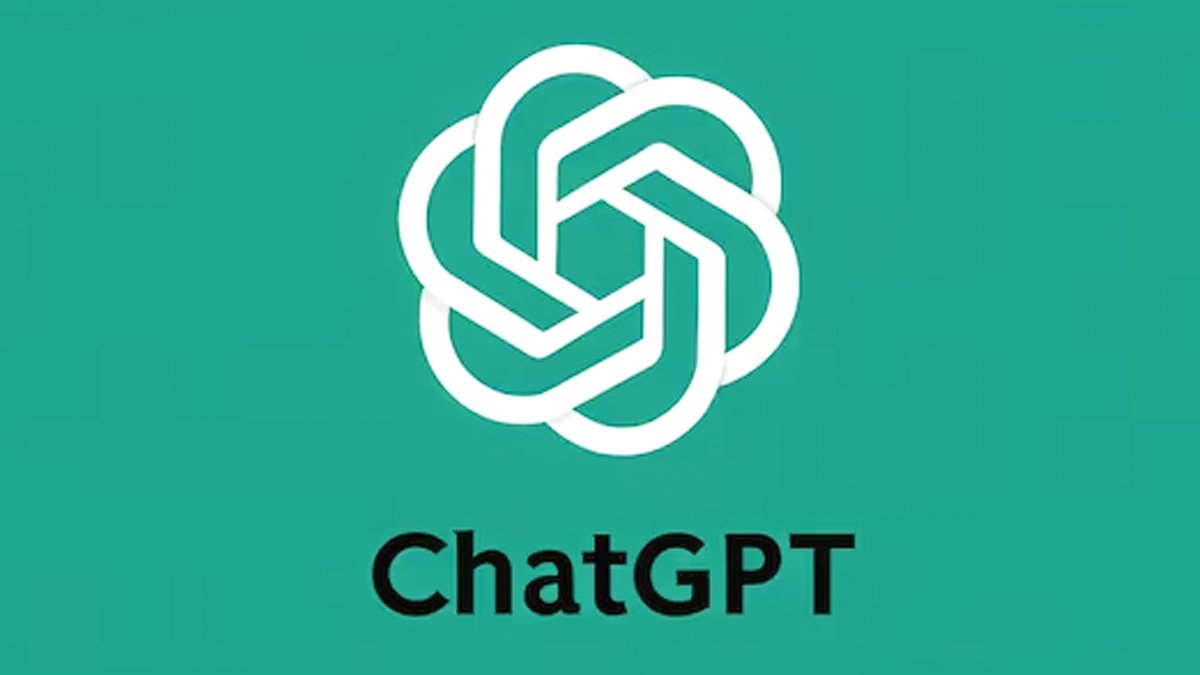On Thursday, January 23, 2025, the world briefly lost access to its favorite AI chatbot. ChatGPT, developed by OpenAI, experienced a significant outage that left millions of users worldwide unable to access the service. The outage, which occurred between approximately 5 pm and 6 pm IST, affected both the web version and app version of ChatGPT, disrupting work, research, and casual conversations alike. OpenAI quickly acknowledged the issue and worked to implement a fix, bringing the service back online within an hour. This incident highlighted the growing reliance on AI technologies for various tasks and sparked a wave of memes and discussions across social media.
The outage was first noticed around 5 pm IST when users began reporting difficulties accessing ChatGPT. Error messages ranged from “elevated error rates in the API” to “bad gateway” errors, indicating a widespread problem with the service. OpenAI promptly updated its status page, acknowledging the “degraded performance” and assuring users that they were investigating the issue. Within minutes, #ChatGPTDown was trending on Twitter, with users expressing their frustration and sharing humorous memes about the sudden silence of the AI. Some users reported feeling lost without their AI assistant, while others joked about the AI finally taking a much-needed break.
This isn’t the first time ChatGPT has faced downtime. In fact, as someone who closely follows AI developments and frequently uses these tools, I’ve noticed occasional hiccups in the past. However, this outage seemed to be more widespread and impactful, likely due to the increasing number of people and businesses integrating ChatGPT into their workflows.
Inside the Outage: What Caused ChatGPT to Go Offline?
While OpenAI has been relatively tight-lipped about the exact cause of the outage, they have confirmed that they identified the root cause and implemented a fix. Speculations online ranged from server overload due to increased traffic to potential issues with the underlying infrastructure or even a possible cyberattack. However, without official confirmation from OpenAI, the true cause remains unclear.
It’s important to remember that complex systems like ChatGPT rely on intricate networks of hardware and software, making them susceptible to various points of failure. Any disruption in this delicate balance can lead to service interruptions. This incident serves as a reminder that even the most sophisticated AI systems are not immune to technical glitches.
The Impact of the Outage: From Frustration to Memes
The ChatGPT outage had a significant impact on users worldwide. For many, ChatGPT has become an integral part of their daily routine, assisting with tasks such as writing emails, generating creative content, answering questions, and even coding. The sudden inability to access the service caused disruptions in workflows, delays in projects, and a general sense of frustration among users.
Social media platforms were flooded with reactions, ranging from complaints and concerns to humorous memes and witty observations. The outage highlighted the growing dependence on AI tools and sparked conversations about the potential consequences of such reliance. Some users expressed concerns about the vulnerability of AI systems and the need for robust backup plans. Others used the opportunity to poke fun at the situation, creating memes that depicted ChatGPT “taking a nap” or “going on vacation.”
Beyond the Memes: Lessons Learned from the ChatGPT Outage
The brief downtime of ChatGPT offers valuable lessons for both users and developers of AI technologies.
- For users: The outage underscores the importance of not becoming overly reliant on any single tool, even one as powerful as ChatGPT. Having alternative solutions or backup plans in place can help mitigate disruptions in the future. It also highlights the need for digital literacy and critical thinking skills, as AI tools should be used as aids rather than replacements for human intelligence.
- For developers: The incident emphasizes the critical need for robust infrastructure, proactive monitoring, and efficient incident response mechanisms. As AI systems become more integrated into our lives, ensuring their reliability and resilience is paramount. OpenAI’s swift response in acknowledging the issue and implementing a fix is commendable, but continuous efforts to improve system stability are crucial.
The Future of ChatGPT and AI: Reliability and Responsibility
The ChatGPT outage is a temporary setback in the rapidly evolving landscape of AI. Despite this hiccup, the future of ChatGPT and other AI technologies remains bright. As AI continues to advance, we can expect even more sophisticated and capable tools that will further transform the way we work, learn, and interact with the world.
However, this incident serves as a reminder that with great power comes great responsibility. Developers of AI technologies must prioritize reliability, security, and ethical considerations. Users, on the other hand, need to be mindful of the potential limitations and biases of AI systems and use them responsibly.
The ChatGPT outage, though brief, has provided valuable insights into our growing dependence on AI and the importance of building resilient and responsible AI systems. As we move forward, it is crucial to learn from these experiences and strive for a future where AI technologies empower us while also respecting our values and autonomy.






























